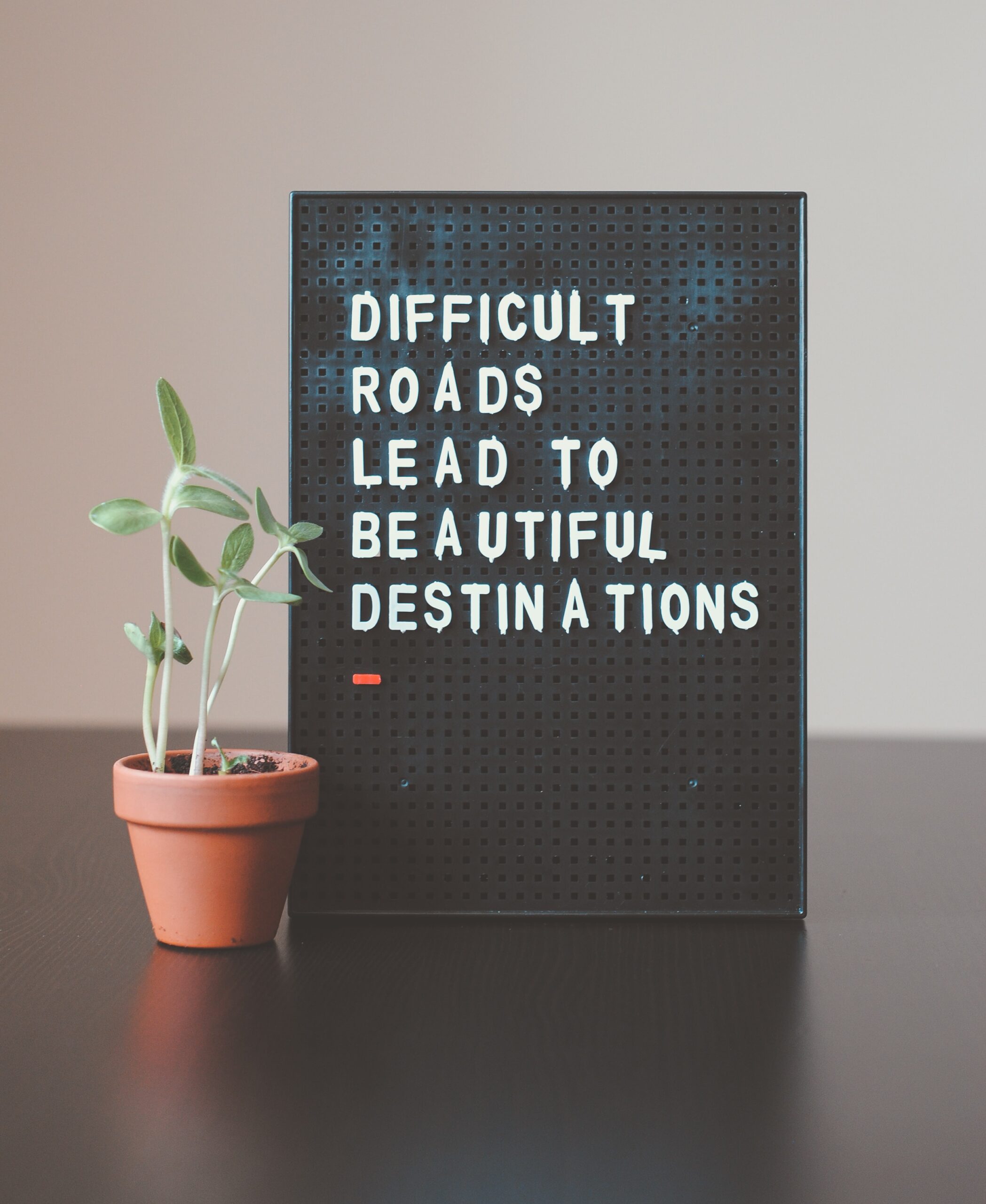
May 2017
May 2017
KNOW THE FACTS:
In Australia:
* A woman is killed almost every week by a current or former partner
* One in three women have experienced physical violence since the age of 15
* Almost one in five woman have experienced sexual assalt
Around the world:
* The World Health Organisation estimates at least one in three women will be beaten, raped or otherwise abused during their lifetime
* In most cases of domestic violence the abuser is a member of the family
RECOGNISE THE SIGNS:
* You notice changes in her or her childrens behaviour. She appears frightened or anxious.
* She seems afraid or nervous around her partner, constantly keeping the peace
* She may have unlikely injuries or bruises or is often unwell or has silly accidents
* Her partner controls all aspects of her life: – finances, friends, work and social life
* Her partner may also be overly possessive or jealous
* Her children seem fearful or on edge in his company or at the mention of his name..
HOW CAN YOU HELP?
1. Listen without judging
2. Let her make decisions for herself
3. Refer her to a specialist service
It can be hard to know what to do for the best, and often people are reticent to bring up what is often thought to be a very private family or intimate matter.
Domestic Violence can happen to anyone. It can take many forms and involve violent, abusive or intimidating behaviour carried out by a partner, family member of carer.
Domestic Violence is never the victims fault. Its not just a personal issue, its a community one!!!
To support go to:
www.whiteribbon.org.au
The human instinct for self preservation is an inherently optimistic way of approaching the world because it assumes two things:
1. There will be a future and
2. We want to be a part of that future. However, in spite of this inherent optimism, we also carry with us certain biases that can lead to patterns of negative thinking. For example, because are wired for survival, our brains are predisposed towards looking for threats to our well-being. This leads us to weigh negative experiences as more important than positive ones. In order to counteract these tendencies you need to train your brain to become a more positive person.
Here are my 5 suggestions on how to be happier and more positive in your life:
Gratitude
Probably the most important keys to being positive is being grateful for what you have. There is a ton of academic research out there now demonstrating the multitude of benefits that come with having an “attitude of gratitude.”
People who express their gratitude by stating it out loud every day to themselves, telling someone else or keeping a gratitude journal tend to report overall significantly higher levels of well being, better health, and somewhat interestingly, a tendency to be less wasteful.
Positive Thoughts
By consciously choosing or “fixing” different thoughts you can reinforce the habit of thinking positively and decrease the amount of negative thoughts in your mind. Take the time to observe your thoughts and try to transform your negative thoughts into positive ones, e.g. “I’m so fat” is a negative thought that triggers bad feelings.
By transforming this into “I know I’m fat but I’m exercising and eating healthy right now and I should see the results soon”, you are adding a positive and motivational twist to your original thought.
Exercise
Exercise, specifically cardiovascular exercise, is absolutely essential for being a positive person. We are blessed with these bodies that are capable of all sorts of amazing things. Sadly, though, many of us use our bodies as conveyances that take us from place to place (often from our front doors to our car doors). When we work our bodies to exhaustion a lot of our nervous energy gets burned off and we are available to be more present, focused and happy.
Presence
Speaking of being present, Presence is one of the keys to positivity. Because we have such well-developed brains we can spend much of our time anchored to the past or anxious about the future. When you are focused on the now, which is the only period of time which you can be certain about, you step off the emotional rollercoaster of depression and anxiety and into the calm of present reflection.
Reflection
Ah, and the last essential ingredient for positivity is reflection. When you can breathe and reflect on what truly matters you are certain to find that what matters is love, family, and community. Taking stock of the bounty of your life will provide you with the opportunity to be truly positive and grateful for all of your blessings.
Wellness Coaching
The Life Coaching Academy





